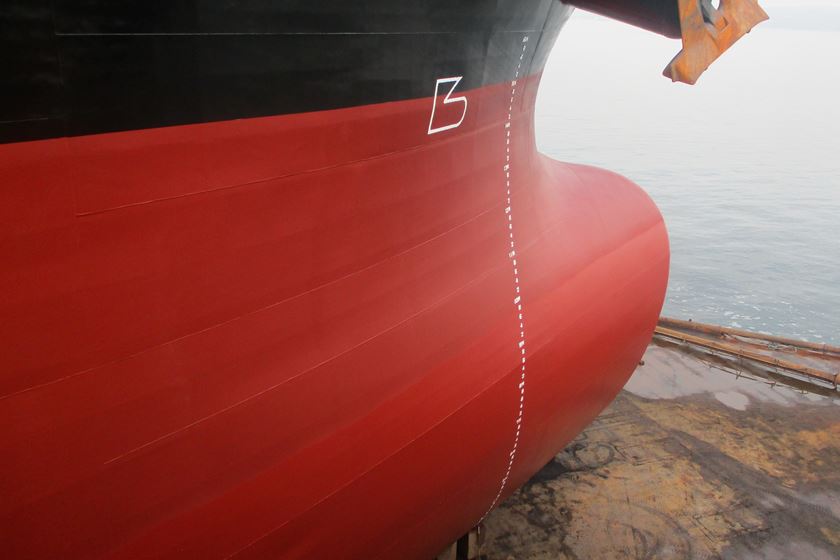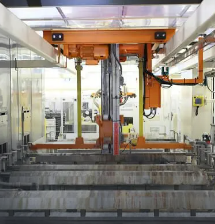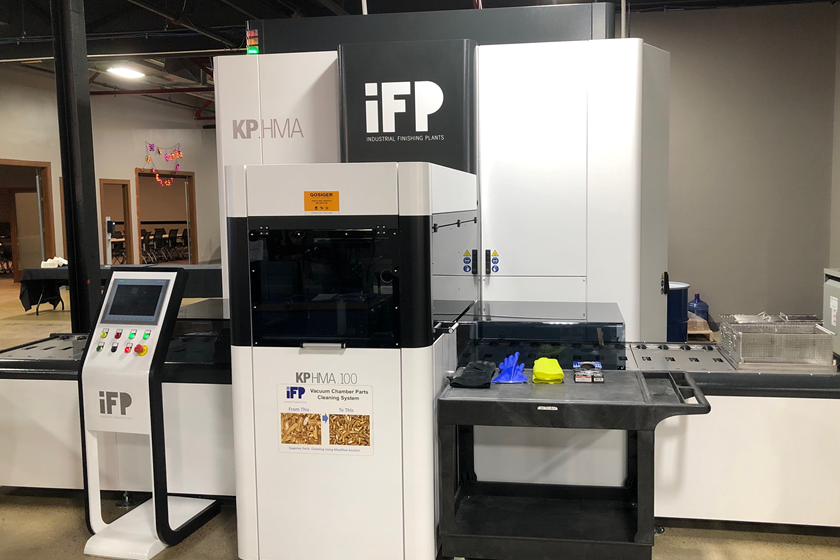Laws of Attraction
Will magnetism in a steel part affect how an electrolytic nickel strike will deposit nickel on its surface?
RELATED CONTENT
-
A Chromium Plating Overview
An overview of decorative and hard chromium electroplating processes.
-
Gold and Silver Plating Basics
An overview of precious metal electroplating processes.
-
Masking for Surface Finishing
Masking is employed in most any metal finishing operation where only a specifically defined area of the surface of a part must be exposed to a process. Conversely, masking may be employed on a surface where treatment is either not required or must be avoided. This article covers the many aspects of masking for metal finishing, including applications, methods and the various types of masking employed.
















